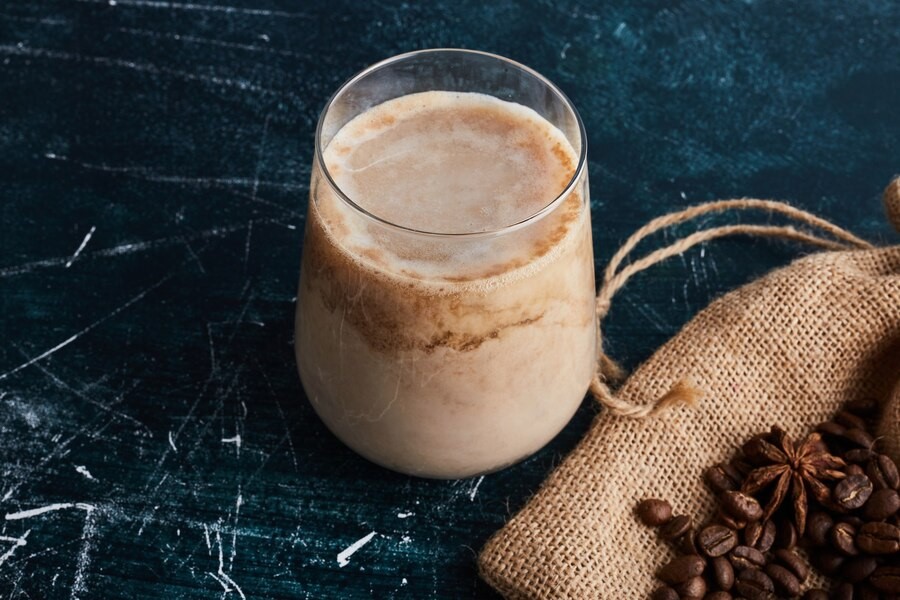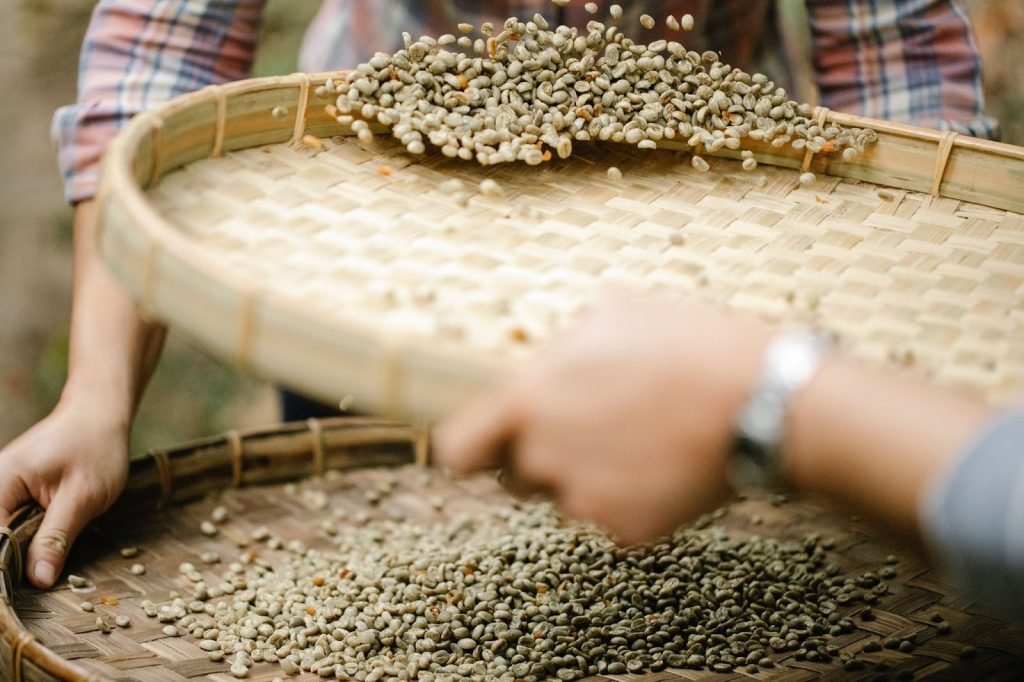Coffee enthusiasts who focus on this industry will have heard the term specialty coffee. It is used to denote luxury and expensive, or special flavor.
Specialty coffee is a limited, industry-specific definition. It has an interesting linguistic history.
Therefore, this article will discuss the meaning of specialty coffee and the points at which a coffee gets this designation.
What is Specialty Coffee?
Historically, specialty coffee was introduced in 1974. Erna Knutsen as a pioneer of the coffee industry invented this term.
Since 1982, the Specialty Coffee Association of America has been established with forty-two members. They sell“gourmet” coffee directly to customers in an effort to return the coffee business to its roots.
Meanwhile, in 2017 the Executive Director of the Association Ric Rhinehart defined the meaning of specialty coffee. According to him, specialty coffee has the following definition.
- Green beans that are free from primary defects.
- Not having a quaker
- Precisely sized and dried
- Served in a cup without errors and stains
- Has distinctive attributes
So, it can be concluded that specialty coffee must pass the grading and cupping aspect tests.
In its own terms, specialty coffee is coffee that can achieve a score of 80 out of 100 standard panel scores from a Q Grader.
The development of coffee quality is not linear but bell-shaped. About 10% of all coffee that goes through the production process can attain this specialty level.
How to Determine Specialty Coffee Score?
A coffee product must undergo several stages of assessment until it reaches a specialty score. Before the roasting process, a Q grader will evaluate the green bean first.
Grading green beans based on their shape. Inspection based on the level of defects, color evaluation and odor. After these assessments, there are Specialty Grade and Under Specialty Grade groupings.
Then, the tasting is conducted by the Q grader through cupping. The Q grader panel will assess the quality of the coffee from the quality of the coffee’s flavor and aroma. There are strict protocols in place to ensure that all coffees are evaluated under similar conditions.
All variables starting from the cupping environment must also be in accordance with the rules. The coffee cupping room must be quiet, bright, and clean. The goal is that there are no environmental aromas that can hinder the Q grader in assessing the quality and flavor of the coffee.
Specialty Coffee: Q Grader Score
| Score | Grade Level | Specialty |
| 90 – 100 | Outstanding | Specialty Coffee |
| 85-89,99 | Excellent | Specialty Coffee |
| 80-84,99 | Very Good | Specialty Coffee |
| >80,0 | Bellow Specialty Quality | Not Specialty Coffee |
Preparation Before Coffee Quality Assessment
The coffee to be judged during cupping should have gone through a roasting process no more than 24 hours before the evaluation. If this is not possible, the coffee should have rested for at least 8 hours after roasting.
Roasting is also not arbitrary, it needs to be roasted to a certain level. With a roasting time of between 8-12 to achieve a certain color. At the cupping stage, it is necessary to pay attention to the following:
- Amount of water
- Total dissolved solids (TDS),
- Number of coffees,
- Mill size,
- Brewing Time.
Coffee assessment should not be less than five samples. The tally of all aspects must have a final result of at least 80 points.
If the coffee does not reach the minimum value, it is not considered specialty coffee. However, it is still referred to as a coffee commodity.
Q grader assessment is based on several points, including:
- Fragrance,
- Flavor ,
- Aftertaste ,
- Acidity ,
- Body,
- Balance ,
- Sweetness ,
- Uniformity ,
- Cleanness .
What kind of coffee can be a specialty?
Actually, any type and species of coffee can be a specialty coffee. Provided that the coffee can score more than 80 points by the Q grader.
Most specialty coffee is Arabica Coffee. This coffee makes up about 70% of all global production. This species has a sweeter and cleaner flavor than Robusta.
However, Arabica is more difficult to grow and cultivate as it requires certain standards due to its susceptibility to pests. Famous Arabica species include Typica, Bourbon, Gesha, and 100 other names.
Recently, experts have been working on the creation of high quality Robusta. This second famous species, has toughness and high production rates.
The creation of high-quality or specialty Robusta is now starting to emerge, although it is still relatively rare compared to Arabica.
Besides Arabica and Robusta, there are other species such as Eugenioides and Stenophylla. These two species are new to specialty coffee grading.
However, these two coffee species do not have specific Q Grader certification like Arabica and Robusta. It is rare for Q graders to cup and score specialty coffees of these two types.
Specialty coffee in the coffee industry is already common. However, there are still some people who are not familiar with the meaning of coffee product standard assessment.(*)
Source:
https://www.wearecoffeeco.com/blogs/news/what-is-speciality-coffee
https://sprudge.com/what-is-specialty-coffee-180293.html
https://sca.coffee/research/what-is-specialty-coffee
https://www.thespecialtycoffeecompany.com/resources/specialty-coffee









